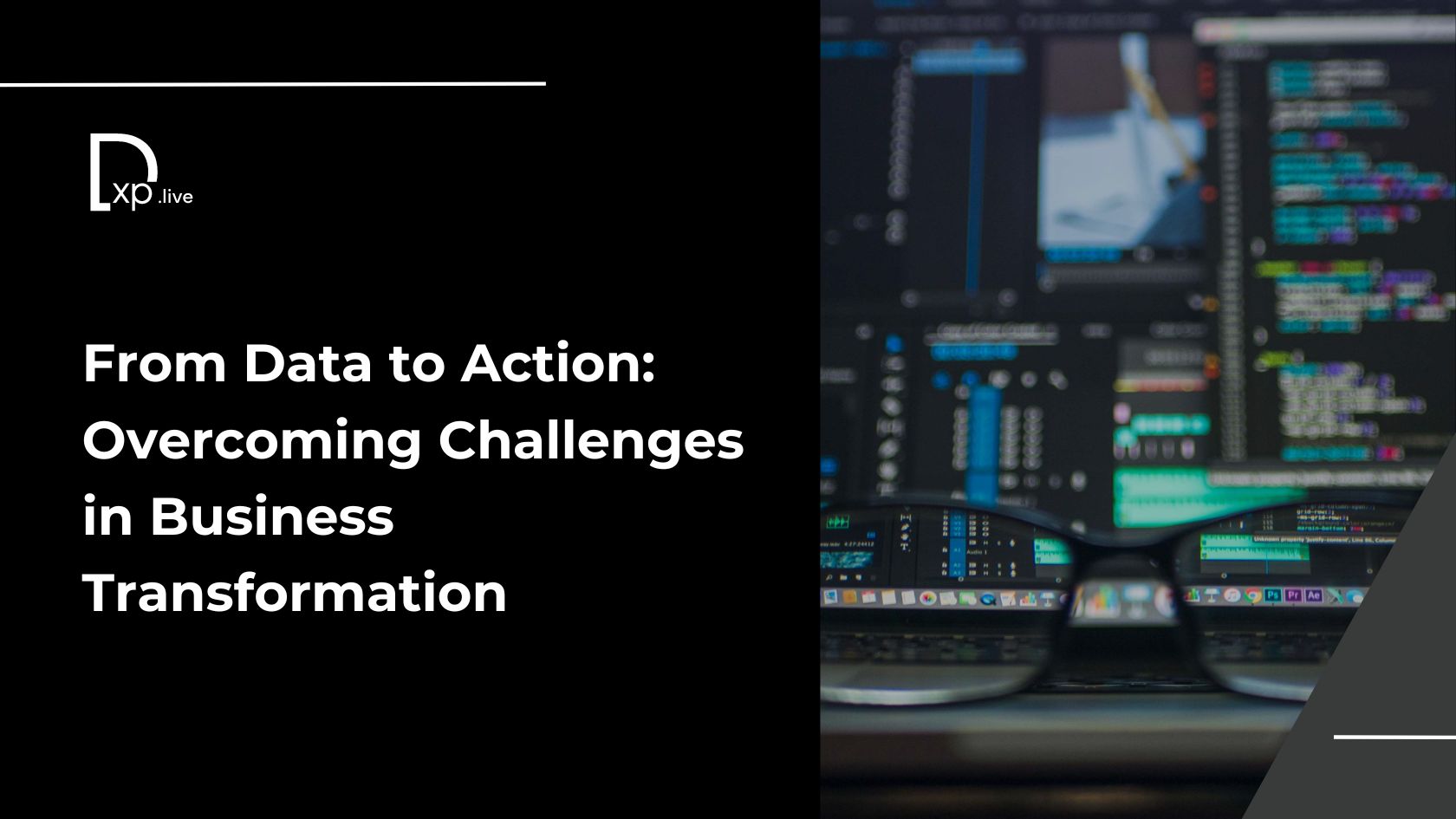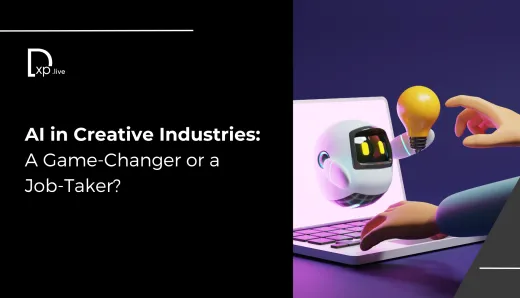From Data to Action: Overcoming Challenges in Business Transformation

In a fast-approaching very data-driven world, the challenge that businesses face is indeed pretty profound-the gap between collecting data and actionable insights. Organizations collect vast quantities of information yet probably are unable to extract value from that data in the form of strategies that drive transformation. The onus does not lie in knowing how much data is being collected but whether data is effectively used to make decisions and create innovation.
The Deluge of Data: A Two-Edged Sword
Data is the lifeblood of the modern organization, providing insights that lead toward improved customer experiences, enhanced operational efficiency, and innovative product development. IBM reports that 90% of world's data originated in the past two years; it thus illustrates the exponential growth of data creation. But such deluges often lead to paralysis rather than empowerment. Organization, by sheer numbers and metrics, get drowned without knowing which of them matter and how to make use of them.
As a recent saying at Salesforce reminded everyone, "It's not about having data; it's about knowing what to do with it." This perspective itself highlights the crucial requirement for businesses today: filling this gap between reaping data collection and actionable insight generation.
Finding the Gap
The main reason is the unclear nature of business objectives. When data collection does not have a strategic framework, information that may look plentiful may not necessarily be aligned with organizational goals. For instance, a company might obtain a lot of demographic data about its customers but does not analyze the data in a manner that provides informative persuasion of strategies for targeted marketing.
Finally, do not overlook the skills gap in an organization. Deloitte points out that, for 63% of organizations, they lacked an adequate supply of employees with data analytics talent available to be hired. The disparity in such talent can prevent meaningful insights from emerging from data, leaving valuable information hanging in midair.
Building a Data-Driven Culture
To work out data into action, the organization needs to inculcate a data-driven culture. This can begin at the business objective setting level, where there is clear guidance on the collection of data. With everyone in the organization now being directed toward the strategic aims, data collection and analysis can be focusedly done.
As Salesforce discussions have pointed out, integration of tools like Tableau Pulse helps teams effectively visualize their data and share insights with departments. Such democratization makes sure organizations at all levels make informed decisions. There seems to be a synchronicity in using insights not within one department but as an organization.
Investment in the right tool and training
The technology landscape is constantly changing, and organizations need to invest in just the right tools to enable them to touch base with data. Platforms that offer real-time analytics, such as Tableau, are totally invaluable in really translating collected data into actionable insight. Organizations can monitor key performance indicators and market trends and thus make timely decisions.
Of course, that is not all. There is still a need for investment in training staff in how to use these tools efficiently. Programs of continuous learning and development can enable this: enabling employees to develop skills in data interpretation so that meaningful insights are drawn from the data to revitalize business performance.
Facilitating Cross-Functional Collaboration
Breaking down organizational silos maximizes the usage of data. Independent departments lead to hidden opportunities that are not tapped into. Interdependent work teams generate an integrated view of data by enabling knowledge and insights that otherwise may never be discovered.
By integrating sales and marketing, a retail organization can understand the behavior of purchasing and hence, create campaigns that talk to customers' minds, and therefore, trigger action-resulting sales and better loyalty among customers.
Power of Feedback Loops
Another critical component of driving actionable insights is the idea of feedback loops. Organizations should be able to continually measure the impact of decisions to be made from these data insights. There is only room to refine and make adjustments through an iterative process if the strategy remains aligned with fluctuating business objectives and changing market conditions.
This is where Salesforce's focus on agility and adaptability resonates. "Ability to pivot quickly based on data-driven insights is what separates the leaders from the laggards." Organizations which take up feedback loops, are quick to pivot and respond to an ever-changing situation, thereby placing themselves in a niche of first mover advantage.
Conclusion: Turning Insight into Action
What remains is the challenge of driving business transformation with the power of data, yet not an impossible task since a clear focus on objectives, a data-driven culture, investment into the relevant tools and training, and collaboration within the context and the backing for effective use of data can ensure it is strategically utilized.
The hallmark of successful organizations in the future will be their capacity to transform data into actionable insights. The journey from data to action is not entirely smooth sailing. However, those embracing this transformation will not only survive but thrive in such a competitive landscape.
In a world where insight leads to innovation, stakes have never been more significant. It's time for organizations to leap from data collection to meaningful action and, in so doing, transform their operations and upgrade their ability to make strategic decisions of value. The future belongs to those who make data a force that can change things.




